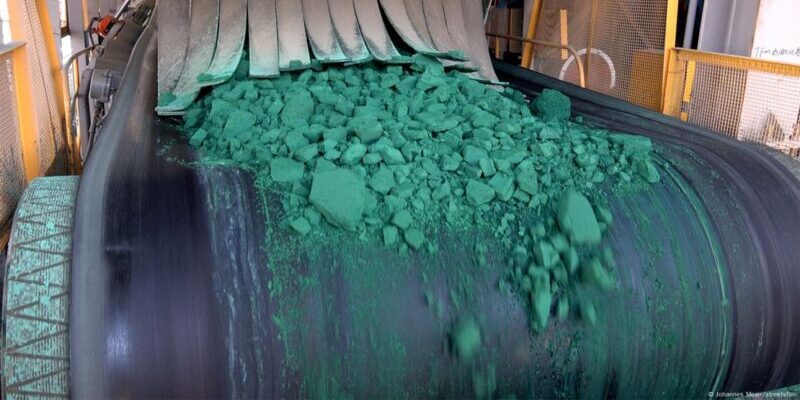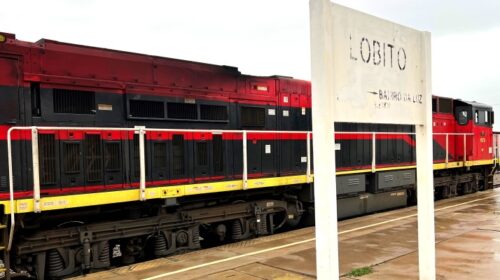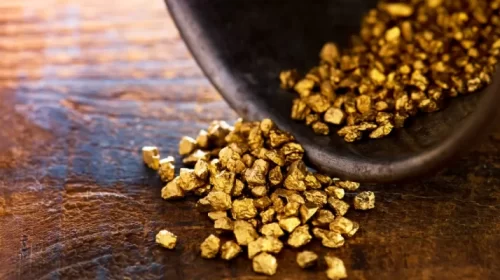Cobalt Demand Gives DRC Strategic Edge in Europe’s Green Energy Race
The surging demand for materials critical to electromobility, particularly cobalt, has thrust the Democratic Republic of Congo (DRC) into the spotlight, offering it newfound leverage as Europe scrambles to secure resources for its energy transition goals.
Marie-Pierre Vedrenne, a member of the European Parliament, emphasizes the need for a united EU approach to ensure a sustainable and ethical supply of raw materials.
“The extraction processes must align with our vision of avoiding exploitation and eradicating child labor under horrendous conditions,” Vedrenne, from the pro-European Renew Europe group, told DW.
Cobalt, a key component of lithium-ion batteries, is essential for Europe’s climate neutrality ambitions by 2050. With two-thirds of the world’s cobalt coming from the DRC, the connection between Congolese mines and European boardrooms is undeniable, even as stark contrasts in working conditions remain.
In the mining town of Kolwezi, workers like Paul Zagabe Nbanze endure harsh conditions, carrying heavy sacks of cobalt-rich ore. “The white people buy this.
We sell it, but we don’t really know what they do with it,” Nbanze says, reflecting the lack of local involvement in the value chain.
Despite the DRC’s cobalt dominance, the majority of processing occurs in China, which handles 75% of global cobalt refinement.
Cecilia Trasi, a climate and energy analyst at Bruegel, notes that this dependency limits Europe’s ability to source cobalt directly, forcing engagement with Chinese intermediaries.
Vedrenne criticizes China’s approach in the DRC, labeling it exploitative and devoid of efforts to build local value-adding industries.
Meanwhile, Congolese leaders like Simon Tuma Waku, a former DRC Minister of Mines, argue for more respect in partnerships, insisting, “Don’t force us into what you think is best. Ask us what we want, and we’ll tell you how you can invest.”
The DRC’s mining history is marked by exploitation, from the brutal rubber trade during King Leopold II’s reign to the cronyism and mismanagement under Mobutu Sese Seko.
Recent efforts to revive the industry, such as the 2002 mining code updated in 2018, aim to balance profitability with environmental and social responsibility. However, enforcement remains weak, with NGOs highlighting persistent government inaction.
While China remains the dominant trading partner, Europe is making inroads. Projects like the Lobito Corridor, which connects Kolwezi to Angola’s Lobito port, aim to enhance mineral transport infrastructure for Western markets.
The EU’s Global Gateway Initiative also seeks to counter China’s Belt and Road influence by investing in development cooperation and sustainable infrastructure.
Despite these efforts, European engagement in the DRC’s mining sector remains limited compared to China’s influence. Congolese stakeholders increasingly assert their agency, reshaping partnerships and calling for investments that align with their developmental goals.
As the DRC leverages its cobalt reserves, it’s clear that Europe’s quest for sustainable supply chains will require not only financial investment but also deeper collaboration that respects local needs and aspirations.
The balance of power in global resource dependency is shifting, and the DRC is seizing the moment to rewrite its role in the global value chain.
SOURCE:dw.com
![]()





